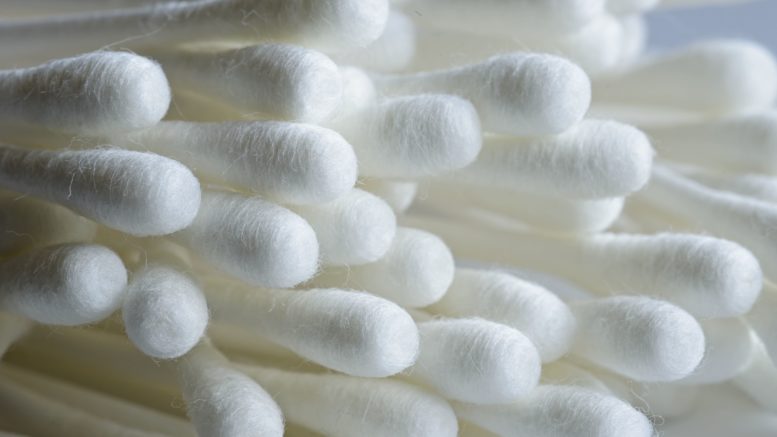Nose swab samples collected by parents are as good as those collected by nurses at detecting respiratory infections in children, according to a study by researchers at the University of Bristol published in the journal Microbiology Spectrum today.
Respiratory tract infections in children, such as coughs, colds and flu, and more recently, COVID-19, are some of the most common illnesses treated in primary care.
The study, which was conducted before the COVID-19 pandemic, compared the quality and performance of parent-collected nose and saliva swab samples with nurse-collected samples. More than 300 parents and 485 children aged around 5 years in the Bristol area took part.
Both parent-collected and nurse-collected samples were sent to a clinical testing laboratory for the detection of more than 40 common respiratory pathogens. While parent-collected nose swabs performed well compared to those collected by nurses (91.6 per cent inter-rater agreement for viral infections and 91.4 per cent inter-rater agreement for bacterial infections), parent-collected saliva swabs did not perform as well (69 per cent and 78.1 per cent for viral and bacterial infections respectively).
Dr. Claire Woodall, a research associate in primary care infectious diseases epidemiology at the Centre for Academic Primary Care and lead author of the study, said, “If a parent is worried about collecting a nose swab from their child for laboratory analysis of coronavirus or any other common respiratory pathogen – my response would be that they should have the confidence to do so. In fact, our study showed that parents collected a higher number of human cells on the nose swabs compared to the nurses, which suggests that children are more tolerant of a parent performing the swabbing technique.”
Source: University of Bristol
